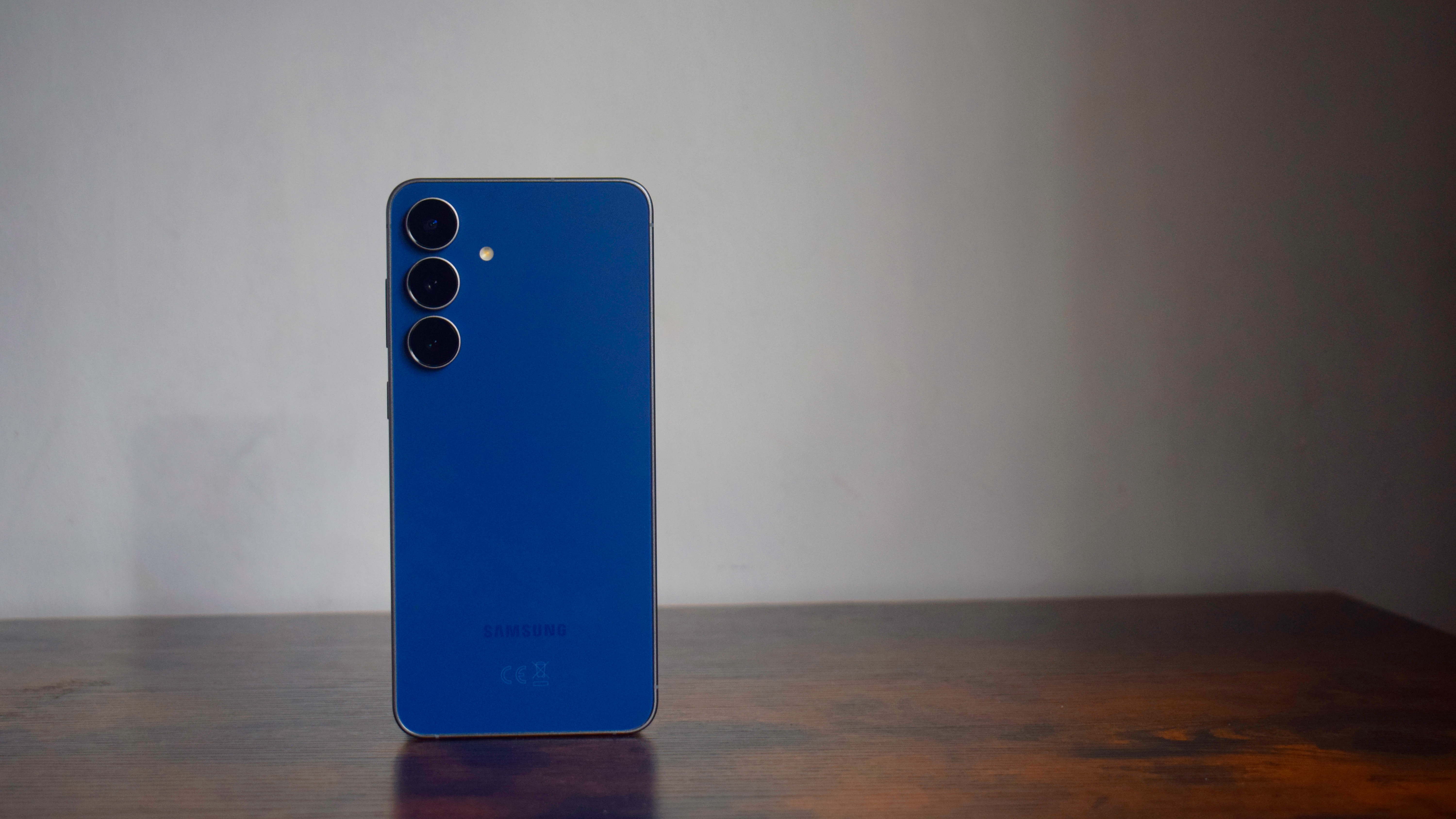Working all that overtime won't help you hit KPIs – but it will impact your mental wellbeing
Staff across the UK are working over and above their contracted hours


New research indicates sales staff working additional hours is common, but all the extra work did not help them meet their targets.
CRM platform Pipedrive surveyed salespeople, founders, and CEOs, 69% of whom said they work overtime.
One-in-10 respondents told Pipedrive they worked more than 16 additional hours a week, meaning that for some individuals the work week can be in excess of 60 hours long.
The report found this was particularly exaggerated with senior leaders, revealing CEO/founder-level respondents tended to work the most additional hours.
But Pipedrive found those who worked additional hours were actually around 10% less likely to have met their KPIs.
When asked if they met their personal sales target for the year, two-thirds of those not working additional hours said yes, compared to 60% of those doing up to 15 hours of overtime per week, as well as 58% for those doing 16 hours of overtime each week.
Dominic Allon, CEO at Pipedrive, said the results may seem counterintuitive but UK business leaders should take note if they want to address a looming productivity epidemic.
Sign up today and you will receive a free copy of our Future Focus 2025 report - the leading guidance on AI, cybersecurity and other IT challenges as per 700+ senior executives
“We often assume that more input equates to more output; so working more hours would naturally correlate to more value, greater business success. But our findings underline the contrary. With the UK’s productivity epidemic looming large we don’t need to be working more hours, we need to be working smarter and with a greater sense of teamship,” he explained.
“Business leaders should be concerned when staff are frequently working overtime, it’s unlikely to have a positive impact on their business or their employee's workplace happiness.”
Data shows flaws in ‘hustle culture’
Pipedrive’s findings corroborate the conclusions of similar research conducted by Protime UK, which surveyed 2,000 British employees on how excessive workloads affected their ability to work.
Almost two-fifths of respondents said they are less productive when they are compelled – or feel compelled to put in extra hours, with 53% reporting they experienced increased stress and anxiety and 41% stating they were burnt out as a result.
Speaking to ITPro, Jasmine Eskenzi, founder and CEO at wellbeing and productivity app The Zensory, said she was pleased to see research that shows that KPIs and ensuring employee welfare are not oppositional forces.
“It's great to see research like this, as it’s the kind of data that can get employers to start taking rest, breaks and wellbeing more seriously,” Eskenzi said.
RELATED WHITEPAPER

“Not only is it beneficial for employers, with more breaks being essential for productivity, helping teams reach their KPIs and boost ROI, but it's also beneficial for employees as it allows our brains and bodies to recharge, improving focus, creativity, and overall wellbeing.
Eskenzi added that Pipedrive’s findings illustrate the false economy in fostering a ‘hustle culture’ that looks to squeeze every ounce of value out of staff., at the expense of their wellbeing.
“We see this sort of research often. Contrary to the popularly held belief that we have to do more work (at whatever cost) to get ahead (see ‘Hustle Culture’), the data clearly says otherwise. While it may seem counter-productive, it's time we start paying attention to the data and start taking workplace wellbeing seriously.”

Solomon Klappholz is a former staff writer for ITPro and ChannelPro. He has experience writing about the technologies that facilitate industrial manufacturing, which led to him developing a particular interest in cybersecurity, IT regulation, industrial infrastructure applications, and machine learning.
-
 Samsung Galaxy S25 FE review
Samsung Galaxy S25 FE reviewReviews A big bright display, all-day battery, and some super premium cameras make this a superb handset for office bods
-
 Qualcomm the data center with $2.4 billion Alphawave Semi acquisition
Qualcomm the data center with $2.4 billion Alphawave Semi acquisitionNews The move sees Qualcomm absorb Alphawave Semi’s portfolio of custom silicon, high-speed connectivity solutions, and chiplets